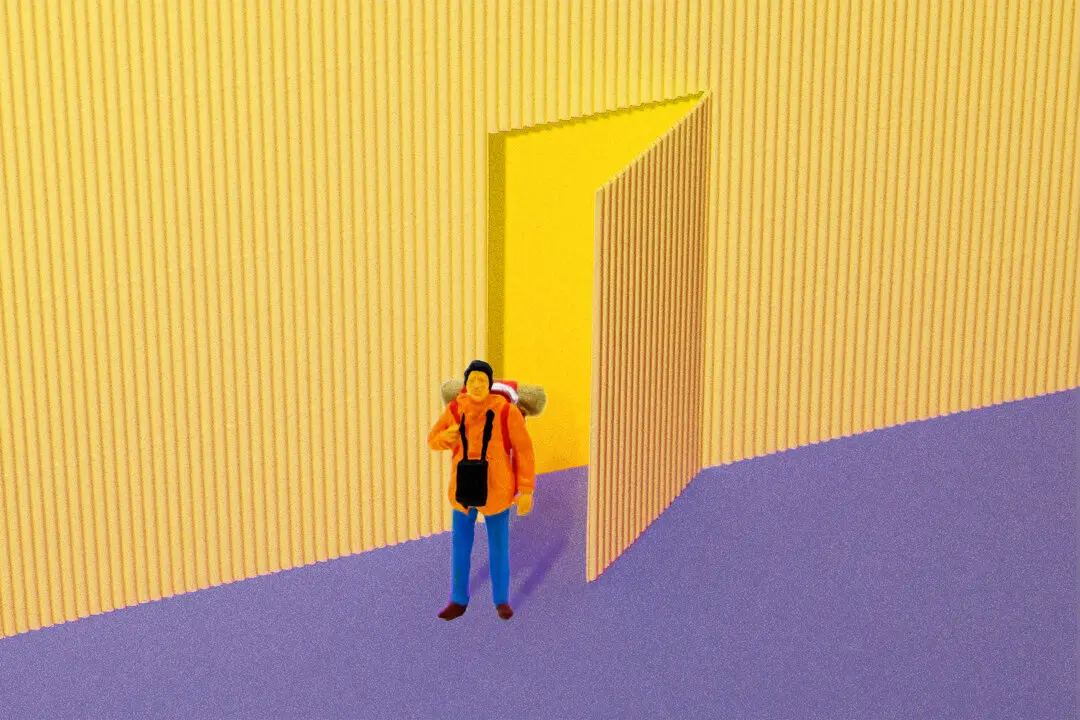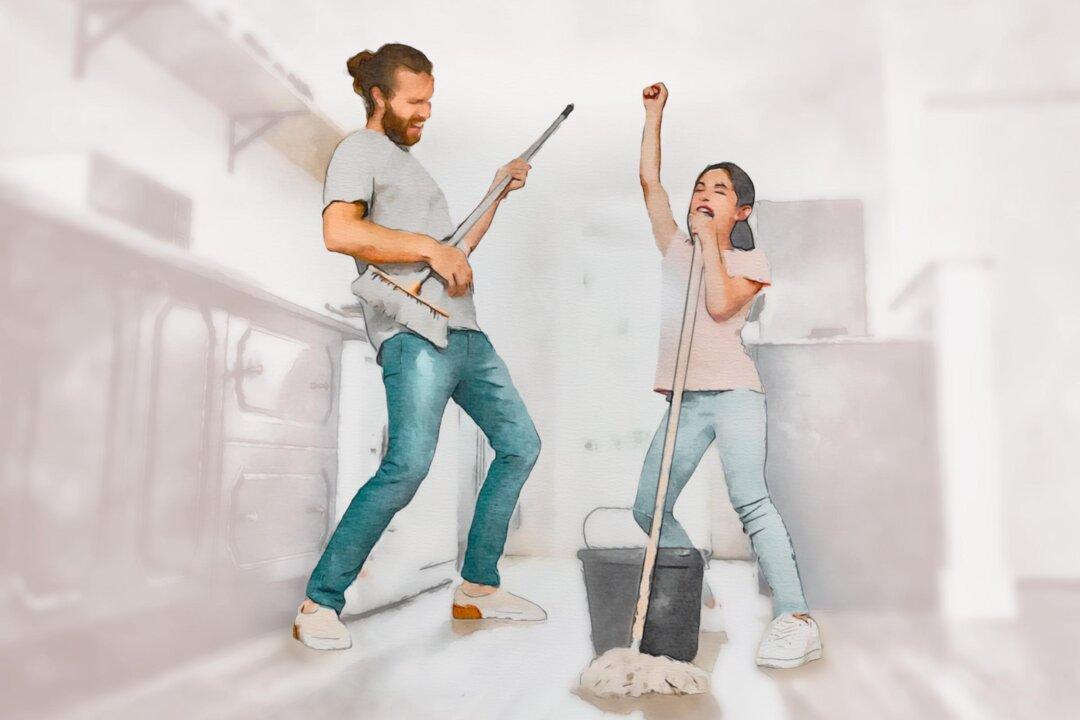This pandemic is no longer an exciting (but scary) novelty. We’re more than a couple of months into this lockdown, and it’s wearing on many of us.
We experience it as boredom, tiredness, and exhaustion, as an ongoing burden, and can’t wait for it to be over. We lose patience and want to do something—anything.






